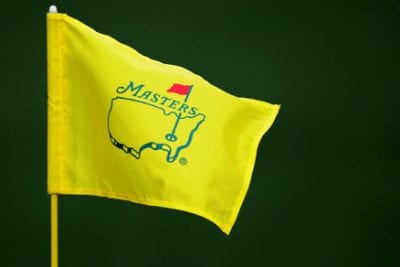My starting point here is that there is a shopper in the store, with a need for your category or product. They may not be thinking about it, but they are at least an occasional buyer and right now they don’t have any at home and/or they could happily use or consume one.
Clearly, not all these shoppers will buy the category on this shopping trip. Probably only a minority. So that’s the opportunity, right there. A potential buyer, in the store, leaving without your product.
So, let’s summarise 5 key reasons you “lose” them:
- They never actually see your category, they are not reminded in any way that they have this need or the solution you offer. Maybe it’s not on their instore route, or even if it is, sorry, they don’t look.
- They catch sight of a display or a fixture, but it’s a bit of a blur, nothing really stands out, it simply doesn’t penetrate their minds. After all its not on the list.
- You sufficiently engage them to make eye contact, but after a quick look, nothing seems to be particularly compelling or right for their need, certainly nothing that pushes them into spending money.
- After a quick look, they can’t see a suitable solution that appeals fast enough. Since it wasn’t high on their priority list, they move on.
- They get as far as noticing your brand and yes its appealing, but at the last minute out of the corner of their eye, they see a promotion and think, “that will do for me today”.
As shoppers ourselves, we have all been there. There are many ways we can lose the sale – none are particularly dramatic, and for the most part, we don’t even know they are going on. They are not visible. We don’t even know how many people are involved at each step of the “funnel”. That’s why Shopper Intelligence is bringing a new way to measure in-store conversion in 2018.

